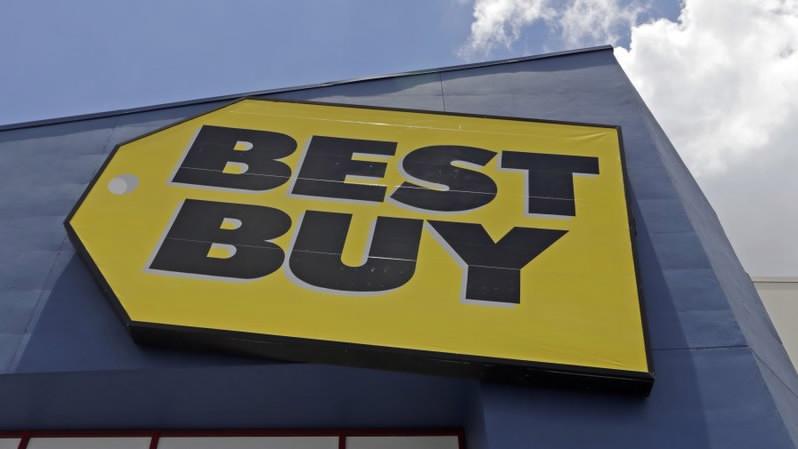
Tech & Sci
10:10, 14-Sep-2017
Worries hit consumer market over US ban of Kaspersky

On Wednesday, the US government banned federal agencies from using Kaspersky Labs software, a move which unintentionally affected consumer markets due to US retailer Best Buy following their lead and ending the sale of software made by the Russian company. However, one security researcher said most consumers don’t need to be alarmed.
The Minneapolis Star Tribune reported that Best Buy would stop selling Kaspersky software, but Best Buy declined to explain why, saying it doesn’t comment on contracts with specific vendors.
The US Department of Homeland Security cited concerns about possible ties between unnamed Kaspersky officials and the Kremlin and Russian intelligence services. The department also noted that Russian law might compel Kaspersky to assist the government in espionage.
Kaspersky has denied any unethical ties with Russia or any government. It said Wednesday that its products have been sold at Best Buy for a decade and that the relationship may be re-evaluated.

July 1, 2017: Eugene Kaspersky, Russian antivirus programs developer and chief executive of Russia’s Kaspersky Lab, on a balcony at his company’s headquarters in Moscow, Russia. /AP Photo
July 1, 2017: Eugene Kaspersky, Russian antivirus programs developer and chief executive of Russia’s Kaspersky Lab, on a balcony at his company’s headquarters in Moscow, Russia. /AP Photo
Nicholas Weaver, a computer security researcher at the University of California, Berkeley, called the US government decision “prudent,” after arguing for such a step in July. But he added by email, “For most everybody else, the software is fine.”
The biggest risk to US government computers is if Moscow-based Kaspersky is subject to “government-mandated malicious update,” Weaver wrote this summer.
Kaspersky products accounted for about 5.5% of anti-malware software products worldwide, according to research firm Statista.
Another expert, though, suggested that consumers should also uninstall Kaspersky software to avoid any potential risks. Michael Sulmeyer, director of a cyber security program at Harvard, noted that antivirus software has deep access to one’s computer and network.
“Voluntarily introducing this kind of Russian software in a geopolitical landscape where the US-Russia relationship is not good at all, I think would be assuming too much risk,” he said. “There are plenty of alternatives out there.”

On Wednesday, the US government banned federal agencies from using it over concerns about the company’s ties to the Kremlin and Russian spy operatives. /Reuters Photo
On Wednesday, the US government banned federal agencies from using it over concerns about the company’s ties to the Kremlin and Russian spy operatives. /Reuters Photo
Sulmeyer also said retailers should follow Best Buy’s lead and stop selling the software.
Amazon, which sells Kaspersky software, declined to comment. Staples and Office Depot, both of which sell the software, didn’t immediately return messages seeking comment.
Various US law enforcement and intelligence agencies and several congressional committees are investigating Russian meddling in the 2016 presidential election.
Kaspersky said it is not subject to the Russian laws cited in the directive and said information received by the company is protected in accordance with legal requirements and stringent industry standards, including encryption.
11159km
Source(s): AP

SITEMAP
Copyright © 2018 CGTN. Beijing ICP prepared NO.16065310-3
Copyright © 2018 CGTN. Beijing ICP prepared NO.16065310-3